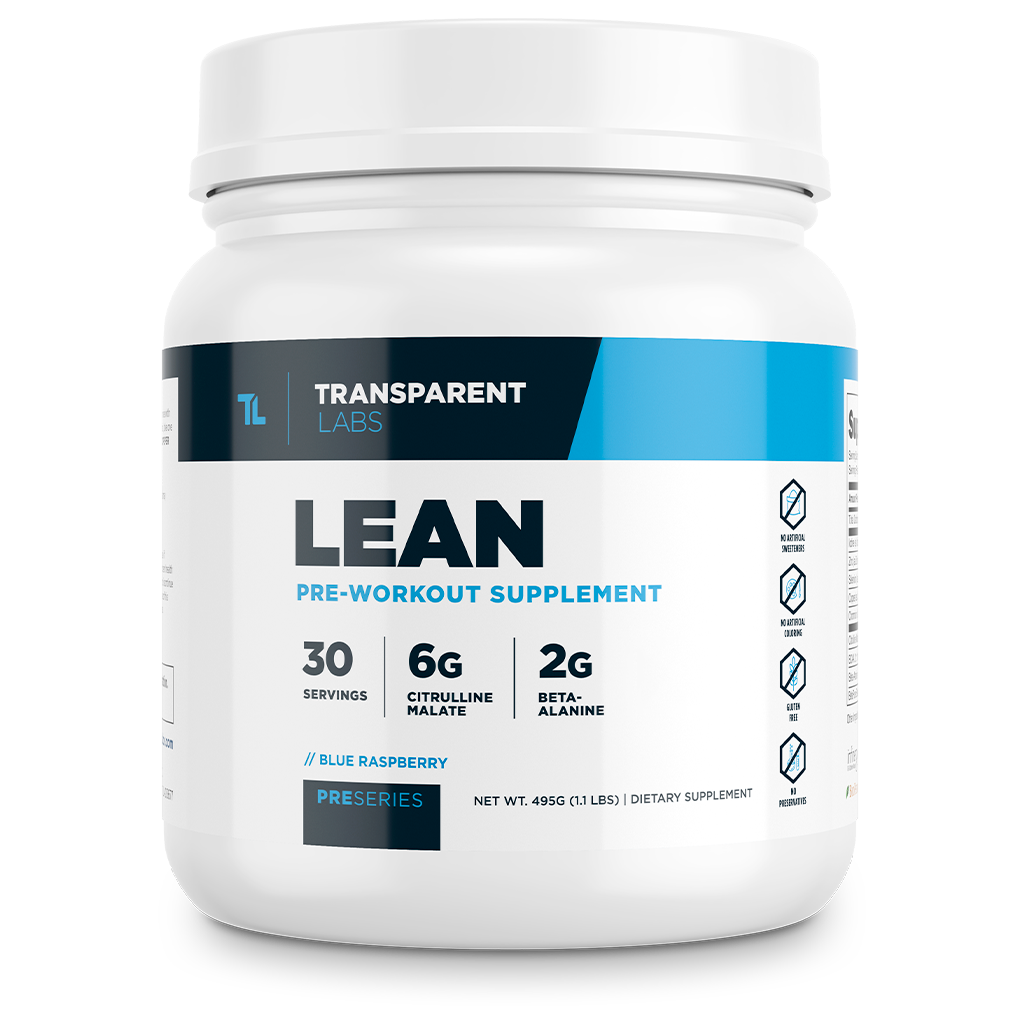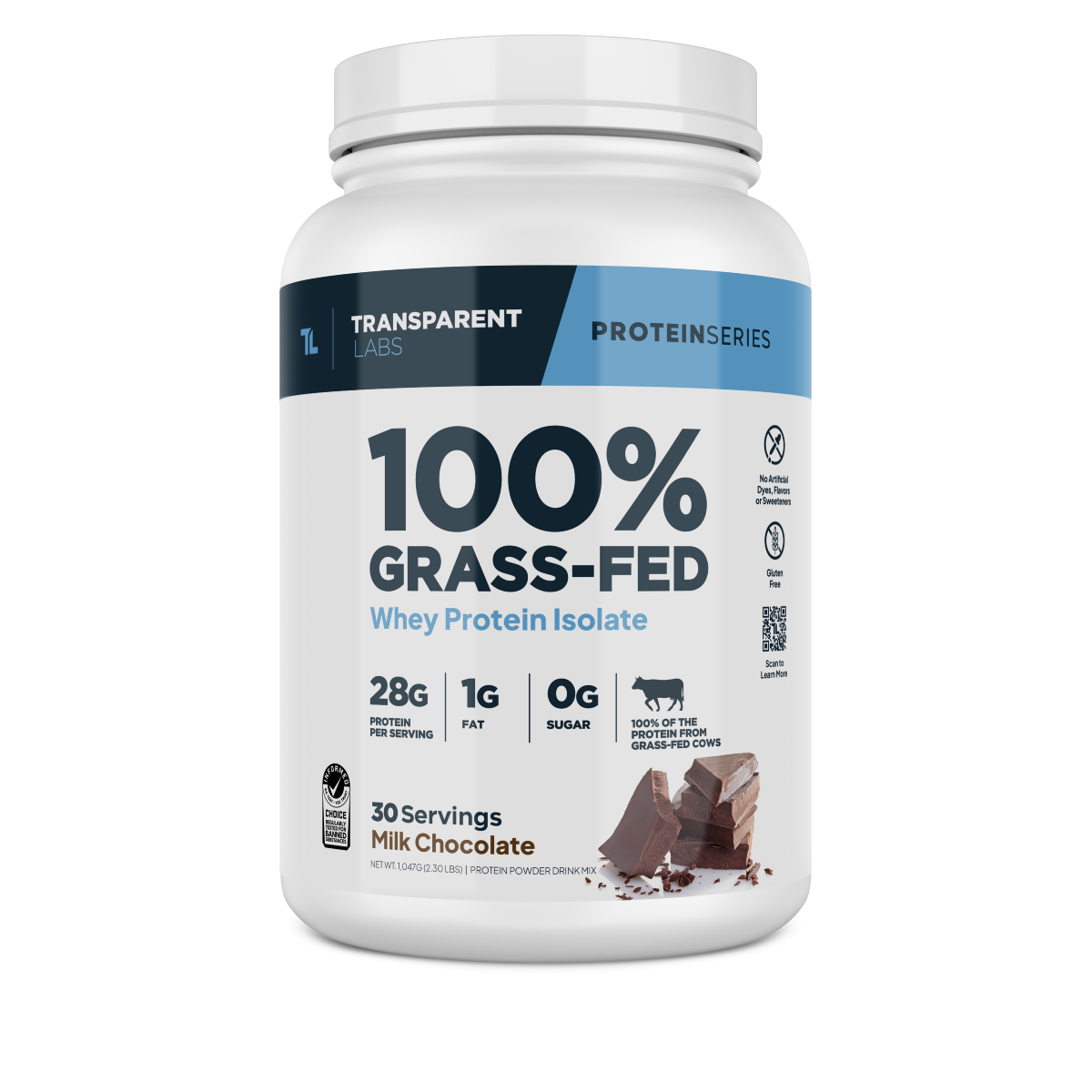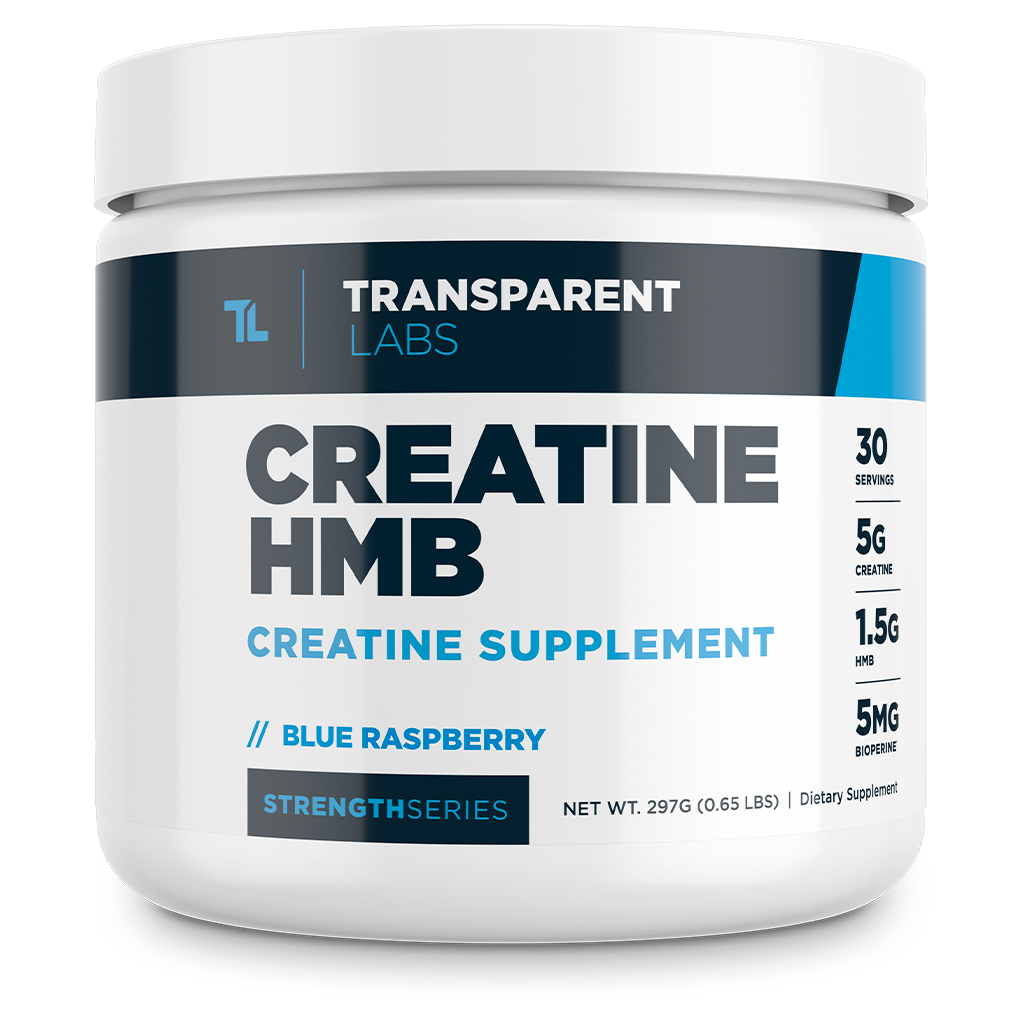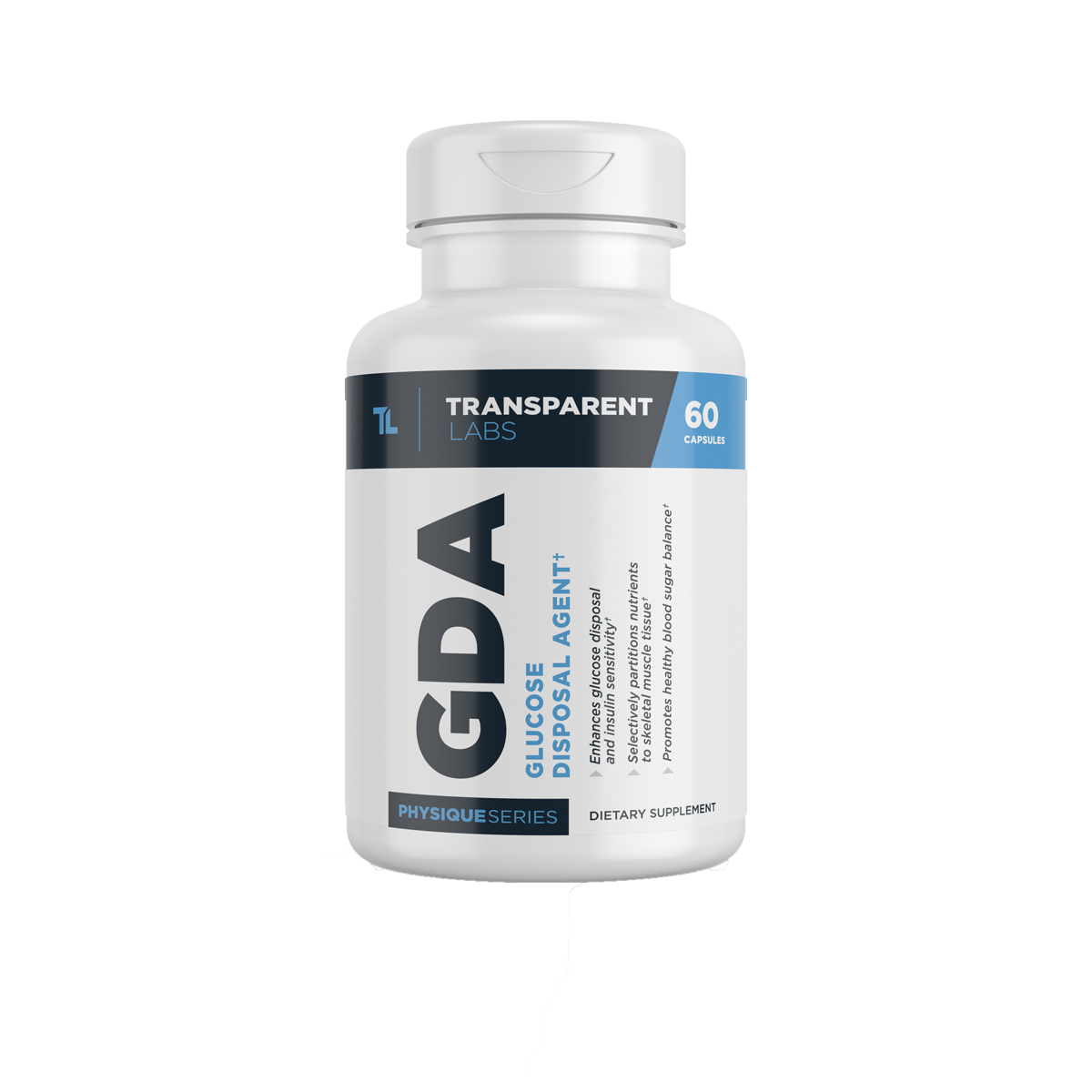What is Casein Protein? Micellar Casein, Sodium Caseinate, & Calcium Caseinate Explained

Given how popular the topic of protein intake is throughout health and fitness subculture, it's not a stretch to assume that many people have a general idea of what whey protein is. Yet, casein protein seems to fly under the radar despite its undeniable advantages as a slow-digesting, complete protein and an exceptional source of bone-building calcium.
But what is casein protein, exactly? Are micellar casein, sodium caseinate, and calcium caseinate all the same? Which protein truly prevails in the casein vs. whey battle?
This guide will answer these questions and get you up to speed on what casein protein is, how casein protein powder compares to whey protein, and the advantages of supplementing with micellar casein instead of calcium caseinate and sodium caseinate.
What is Casein Protein?

To give you a better grasp of what casein is, let’s quickly go over the basics of protein — an essential macronutrient. All proteins consist of organic molecules known as amino acids (more on this later).
Protein plays a myriad of roles in our biology and physiology, affecting everything from cell signaling, to muscle-building, to immune function, to hormonal balance. Frankly, protein is ubiquitous in the body because it’s the very substance your genes produce. Therefore, all living organisms — whether it’s a tiny fruit fly, a budding flower, or a great white shark — contain protein.
Ready to have your mind blown? The human proteome, which comprises all the different proteins coded for by our genome, is estimated to be upwards of 400,000 unique proteins (1)! As many as 100 different proteins can arise from a single gene.
Pretty crazy, right? Naturally, you can see why proteins are such an integral class of molecules for life as we know it.
Now, this doesn’t mean that we need to consume 400,000 different proteins to function properly. The protein we consume in foods is first and foremost a source of amino acids, which are subsequently used by the body to form the proteins that arise from genes.
Casein protein is just one family of dietary protein, specifically phosphoproteins, most commonly present as a constituent of mammalian milk. The other major protein constituent of milk is whey protein. (Hence, the ongoing debate over casein vs. whey.)
What Amino Acids Are in Casein Protein?
Casein is a complete protein source, meaning it contains all 20 of the essential and nonessential amino acids necessary for synthesizing body proteins, such as those that make up muscle tissue.
The term “amino” in amino acid means that these molecules all contain nitrogen, thereby differentiating them from fatty acids and carbohydrates which are composed exclusively of carbon, hydrogen, and oxygen. Thus, dietary protein is a major source of nitrogenous compounds in the human body, such as nucleic acids — important in DNA and RNA — nitric oxide (NO), and creatine.
Amino acids link together to form peptide bonds, which can then bind with other peptides to form the larger proteins our genes produce. This is why proteins are considered “macromolecules” since they often consist of hundreds of amino acids.
It might help to think of amino acids as being the veritable “building blocks” of protein. Since many body tissues, especially skeletal muscle, are formed by proteins, the amino acids in dietary protein are crucial for health, athletic performance, and longevity.
For example, essential amino acids (EAAs) from foods and supplement sources — like casein protein powder — are needed to synthesize structural proteins, such as collagen and muscle proteins found in connective and skeletal muscle tissue, respectively.
Essential amino acids are also necessary for creating various neurotransmitters and peptide hormones, including beta-endorphin, human growth hormone (HGH), luteinizing hormone (LH), erythropoietin, insulin-like growth factor 1 (IGF-1), and insulin (2).
With that in mind, let’s take a deeper look at different forms of casein protein and what distinguishes casein from whey protein.
Micellar Casein vs. Calcium Caseinate and Sodium Caseinate: Which is the Best Casein Protein?
Casein is the major protein in cow’s milk, accounting for roughly 70-80% the total protein content (3). As mentioned earlier, casein is a complete protein and comes in various forms, including calcium caseinate, sodium caseinate, and micellar casein.
Casein protein is unique in that it absorbs much slower than whey protein, leading to a sustained release of amino acids for upwards of eight hours after ingestion.
Micellar Casein Protein
Micellar casein is the “gold standard” for casein protein powder since it provides native casein micelles. A casein micelle is a colloidal particle found in milk that allows casein protein and its associated calcium-phosphate complexes to be soluble in the liquid phase (4). Therefore, micellar casein protein is a rich source of calcium and phosphorus.
After consuming a protein shake made with micellar casein, the liquid is emulsified with gastric juices and forms a viscous gel-like substance that slowly moves through the digestive tract and releases amino acids into the bloodstream. Thus, micellar casein tends to be more satiating than rapidly absorbed protein sources.
Calcium Caseinate and Sodium Caseinate
Calcium caseinate and sodium caseinate are casein protein salts of calcium and sodium, respectively, that are commonly added to solid and semi-solid foods to enhance texture. Caseinates are isolated casein proteins that are normally insoluble in liquid and negatively charged in neutral pH solutions such as tap water and milk. Caseinates are made soluble by mixing with salt solutions and dilute alkali, typically calcium hydroxide or sodium acetate (5).
Functionally, sodium caseinate and calcium caseinate work similarly to micellar casein, albeit with less of the clotting property that engenders a sustained release of amino acids. For this reason, micellar casein is more like “true casein” in the context of protein powders.
Supplement companies will frequently use a high proportion of calcium caseinate and/or sodium caseinate in their casein protein powder because it’s much cheaper to produce than micellar casein. Basically, they are just cutting corners.
As the saying goes, you get what you pay for. Look for a casein protein powder made exclusively with micellar casein, like Transparent Labs 100% Grass-Fed Casein. The difference in quality is well worth it.
Micellar Casein vs. Whey Protein: Quality Matters
For better or for worse, active individuals who lift weights regularly tend to focus on how much protein they consume rather than where that protein comes from. While eating plenty of protein is certainly critical for gym-goers, bodybuilders, and athletes alike, it is neither necessary nor wise to consume excessive amounts of protein for building and maintaining muscle tissue.

Remember, more isn't necessarily better — better is better. The quality of your protein sources matters, and that’s really what we’re looking at when comparing micellar casein vs whey protein.
To characterize the intrinsic quality of a food protein, researchers use measures called the biological value (BV) of protein and the protein digestibility corrected amino acid score (PDCAAS) (6).
Casein vs. Whey: Comparing Their Biological Values and Protein Digestibility Corrected Amino Acid Scores
The biological value of protein quantifies the degree of nitrogen absorbed from certain foods, as a percentage. (Recall from earlier that amino acids in protein all contain nitrogen). The more nitrogen is absorbed, the more your body is able to utilize that protein. Therefore, a higher BV score is correlated with a higher supply of essential amino acids, with whole egg protein being the baseline comparison at 100%.
However, the BV doesn’t take into account the proportion of EAAs in relation to our requirements for them. This is one reason why the World Health Organization (WHO) came up with the protein digestibility corrected amino acid score, or PDCAAS (7). The PDCAAS is expressed as a numerical value between zero and one, with 1.00 being the absolute ideal score for protein quality.
Lo and behold, casein and whey have a 1.00 PDCAAS score, as does egg protein (see chart below) (8):
|
Protein Type |
Biological Value |
Protein Digestibility Corrected Amino Acid Score |
|
Whey Concentrate and Isolates |
104% |
1.00 |
|
Whole Egg |
100% |
1.00 |
|
Milk |
91% |
1.00 |
|
Egg White |
88% |
1.00 |
|
Cottage Cheese |
84% |
1.00 |
|
Tuna |
83% |
NA |
|
Fish |
82% |
NA |
|
Beef |
80% |
0.92 |
|
Chicken |
79% |
NA |
|
Soy |
74% |
0.91 |
|
Casein |
71 |
1.00 |
|
Peanuts |
68 |
0.52 |
|
Black Beans |
NA |
0.75 |
|
Wheat Gluten |
64 |
0.25 |
The lesson to be learned from the chart above is that to get the most from dietary protein, it’s prudent to ingest foods that contain sufficient amounts of EAAs, including a modest proportion of L-leucine (i.e. they have a higher PDCAAS score). Both whey and casein protein satisfy this criteria.
Surely, you’re thinking it’s ideal to slam whey protein shakes all day given that it is arguably the best source of EAAs (with a high proportion branched-chain amino acids) and has an exceptional biological value and protein digestibility corrected amino acid score.
Well, you could do that, but don’t think that’s necessary for optimal health and muscle growth.
A protein source with a low biological value and/or PDCAAS isn’t inherently worthless or “bad.”
Consider that many vegan bodybuilders and athletes alike rely heavily on plant foods with proteins of less biological value and lower PDCAAS, yet they are still able to build an appreciable amount of muscle tissue.
This is just a case in point that as long as you’re eating a variety of protein sources, they will typically complement one another to create a complete amino acid profile.
Casein vs. Whey: Does Digestive Rate Matter?
A common question that people ask when they’re looking for a protein powder is if the rate of digestion makes a big difference.
As mentioned earlier, whey and casein — specifically micellar casein — are often referred to as “fast” and “slow” digesting proteins, respectively. The inherent clotting property of casein causes amino acids to slowly disperse from the gut into the circulation over the course of several hours. Whey protein is essentially the opposite — it’s rapidly absorbed and creates a more acute surge in plasma amino acid levels.
Therefore, many people drinking whey protein promptly post-workout is ideal for igniting the muscle-building process, which is true (to an extent).
Contrarily, casein is usually relegated to the mere role of “nighttime protein powder.” Well, it might be time to rethink that according to several recent studies. The research suggests that mixing both whey and casein protein sources may be more effective than consuming one or the other exclusively [9, 10].
Furthermore, multiple studies show that casein protein is more effective than whey protein at reducing whole body protein breakdown and maintaining a positive net leucine balance in the seven hours after feeding (11, 12).
It’s plausible that the fast-absorbing kinetics of whey protein stand to benefit by being “slowed down” with the delayed gastric emptying effect of casein protein, leading to a more sustained anabolic effect.
The Final Word on Casein vs. Whey: Which Should You Use?
The health and fitness industry is full of pseudo-experts and zealots that have a propensity to polarize the way nutrients influence our bodies. Sugar is either the root of all evil or the ideal source of energy for athletes; eating a high-protein diet is either great for muscle building or the cause of kidney dysfunction; red meat is either carcinogenic or a cure-all for all that ails us; paleo vs. keto; carnivore diet vs. vegan diet; casein vs. whey. The list goes on...
Notice how extreme these notions are? Let’s be clear, the human body is not programmed like an “on-off” switch. It’s more like a thermostat. You can gradually influence your health and function over time by making subtle (or unnecessarily drastic) changes to your diet, but things take time.
Now, if you’re looking for a settlement to the casein vs. whey debate, the best response any rational nutritional expert can give you is, “It depends.” Comparatively, it’s tough to justify either casein protein or whey protein as the outright “better” source of protein based on the research thus far.
Though, you shouldn’t be looking at it like a face-off of casein vs. whey, but rather a union between the two. The more pertinent question is, “How can we use these two quality protein sources to meet our health and fitness goals?”
Both casein protein and whey protein are exceptional sources of essential and nonessential amino acids, and have their own unique benefits (some of which complement one another).
They are unequivocally the among the best protein sources you can supplement with, particularly before and after exercising. Taking casein protein powder before bedtime is also judicious for facilitating recovery and muscle growth while sleeping.
At the end of the day, using whey protein powder and micellar casein protein powder makes it easier to meet your daily protein requirements. Just keep in mind that eating tons of protein doesn’t translate to “extra” muscle growth. Even for very active people who train intensely 5+ times per week, 2+ g protein/lb of body weight is likely overkill.
For optimal muscle growth, the vast majority of adults really only need 0.8 - 1.0 g protein/lb body weight, daily.
Click to read more about optimal protein intake.






